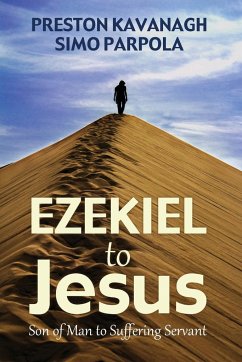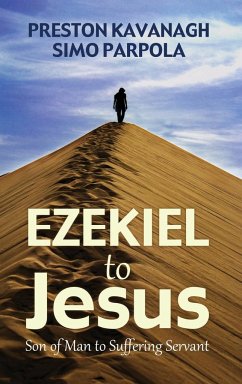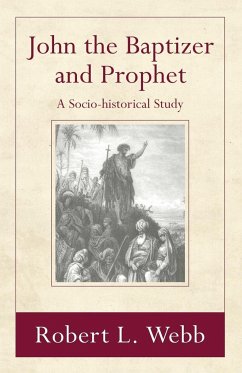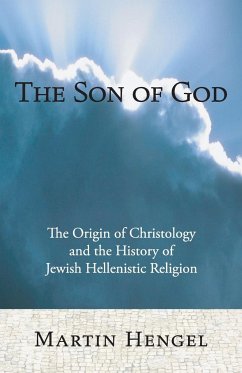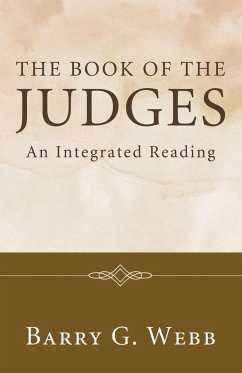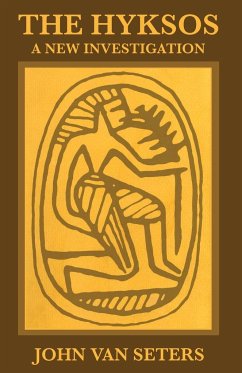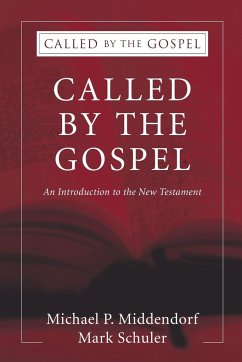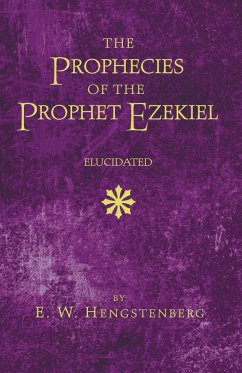
The Prophecies of the Prophet Ezekiel Elucidated

PAYBACK Punkte
23 °P sammeln!
From the author's Preface: [This work] is designed to give the reader a clear view of the reality of Ezekiel, and in this grand prophetical figure to bring before his mind at the same time the nature of prophecy in general.... Ezekiel prophesied in a time of great decision, in a time of the 'iniquity of the end,' in which sin was ripe, and with it punishment. He is exactly the prophet for our times. Whosoever penetrates into him will be deeply stirred by his earnestness, and will feel himself impelled to exert all his powers, that the crisis on which we have entered may be brought to a prosper...
From the author's Preface: [This work] is designed to give the reader a clear view of the reality of Ezekiel, and in this grand prophetical figure to bring before his mind at the same time the nature of prophecy in general.... Ezekiel prophesied in a time of great decision, in a time of the 'iniquity of the end,' in which sin was ripe, and with it punishment. He is exactly the prophet for our times. Whosoever penetrates into him will be deeply stirred by his earnestness, and will feel himself impelled to exert all his powers, that the crisis on which we have entered may be brought to a prosperous issue. At the same time, however, if it should please God to bring great sifting judgments upon us, to pull down what He has built up, and to root out what He has planted, we may gain from Him an immoveable confidence in the final victory of the kingdom of God, who kills and makes alive, wounds and heals, and who, after He has sent the darkest cloud, at length remembers His covenant, and displays His shining bow.




